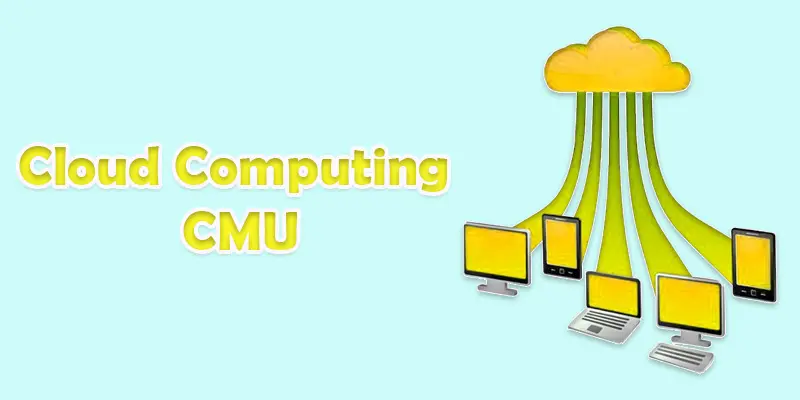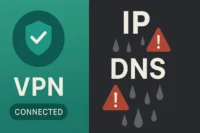How Cloud Computing CMU Boosts Your Business Growth?
Published: 16 Jul 2025
CMU Cloud Computing Program Details
Cloud computing is changing how we use technology, and Carnegie Mellon University (CMU) is leading the way in this field. Ever wondered how your photos, files, and favorite shows live on the internet instead of your device? Many beginners feel lost trying to understand cloud tech or find trusted places to learn. At CMU, cloud computing isn’t just theory, it’s hands-on, real-world learning that makes things simple and smart.
Cloud computing makes life easier. You can store files online, use apps from anywhere, and never worry about losing your data. It saves time, space, and money for people and businesses.
From watching Netflix to using Google Docs, cloud tools are part of daily life. They help schools, hospitals, and companies work faster. That’s why cloud computing matters more than ever.

Carnegie Mellon University (CMU) is a leader in cloud computing research and education, helping shape the future of this powerful technology.
- CMU (Carnegie Mellon University) is a top tech school known for cloud computing research.
- Researchers at CMU study cloud security, data storage, and new cloud tools to keep information safe and fast.
- CMU offers courses on cloud computing, like “Introduction to Cloud” and “Distributed Systems,” that teach students practical skills.
- For example, students build cloud apps that help businesses manage data or improve online services.
- CMU’s labs work with companies like Google and Amazon to create better cloud systems that power websites and apps used every day.
- These partnerships help students get real-world experience and prepare for cloud tech jobs after graduation.
Key Cloud Computing Concepts
Understanding the main ideas behind cloud computing helps you see how it works and why it’s so useful.
Types of Cloud Services
- IaaS (Infrastructure as a Service): Renting virtual computers to run programs.
- PaaS (Platform as a Service): Getting a ready setup to build and test apps online.
- SaaS (Software as a Service): Using apps on the internet, like email or document editors.
Types of Cloud Deployment
- Public Cloud: Shared by numerous users, such as Amazon Web Services or Google Cloud.
- Private Cloud: An additional secure cloud created just for a single business or organisation.
- Hybrid Cloud: Combines public and private clouds for more flexibility.
| Real-Life Use Cases from CMU or Industry |
|---|
|
Cloud computing powers many real-world projects at CMU and in industries, making work faster and smarter every day.
|

Conclusion About Advanced Cloud Computing CMU
The above sentence highlights the growing importance of cloud computing in today’s technology world. Based on my experience, I recommend exploring cloud computing solutions from trusted providers that align well with your specific needs. Don’t wait to improve your business’s efficiency, start learning more about cloud computing cmu today and see how it can transform your work.
FAQS
With cloud computing, you can run apps and store data online rather than on your computer’s hard drive.
It is used to save money, access data anytime, and work from anywhere easily.
You need a basic understanding of computers, the internet, and how data is stored. Knowing how websites and apps work also helps.
Yes, cloud computing is a hard skill because it’s technical. But with practice and the right tools, anyone can learn it.

- Be Respectful
- Stay Relevant
- Stay Positive
- True Feedback
- Encourage Discussion
- Avoid Spamming
- No Fake News
- Don't Copy-Paste
- No Personal Attacks



- Be Respectful
- Stay Relevant
- Stay Positive
- True Feedback
- Encourage Discussion
- Avoid Spamming
- No Fake News
- Don't Copy-Paste
- No Personal Attacks





